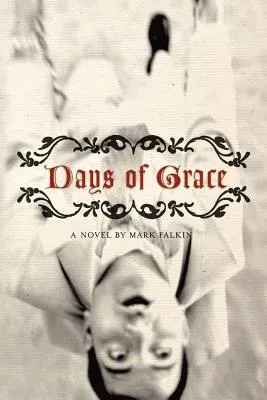Mark Falkin
(Author)Days of GracePaperback, 17 January 2006

Qty
1
Turbo
Ships in 2 - 3 days
In Stock
Free Delivery
Cash on Delivery
15 Days
Free Returns
Secure Checkout
Print Length
520 pages
Language
English
Publisher
Lulu.com
Date Published
17 Jan 2006
ISBN-10
1411670795
ISBN-13
9781411670792
Description
Product Details
Author:
Book Format:
Paperback
Country of Origin:
US
Date Published:
17 January 2006
Dimensions:
22.86 x
15.24 x
2.95 cm
ISBN-10:
1411670795
ISBN-13:
9781411670792
Language:
English
Location:
Morrisville
Pages:
520
Publisher:
Weight:
752.96 gm

